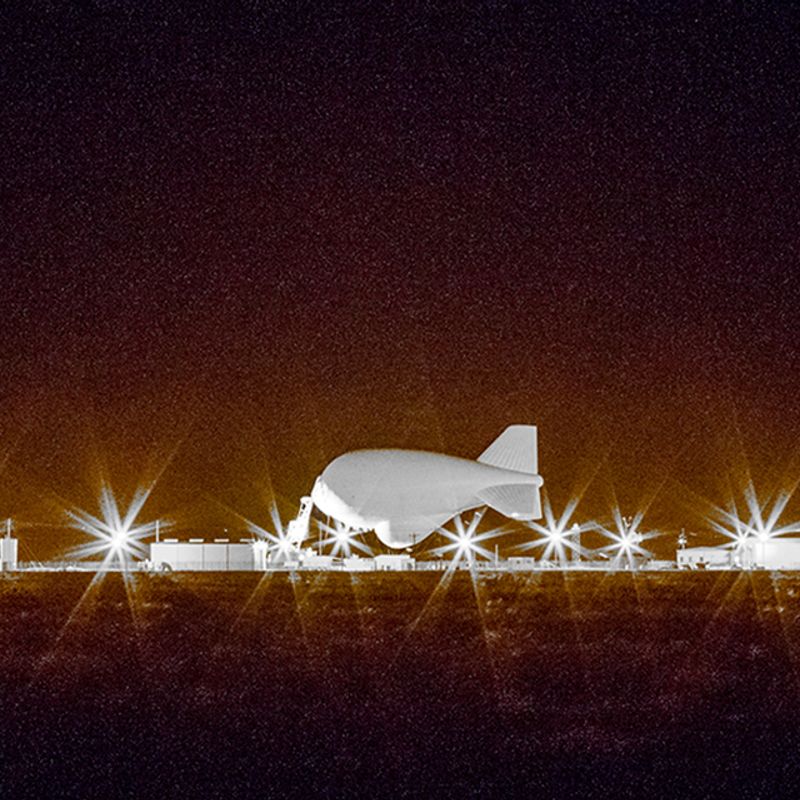Short Essay on Property
by Safia Elhilloit is helpful to pretend that ownership
is the antonym of lossthat we own anything
becomes a fiction if the weapon is cruel
back home we all know the story
about the woman whose housewallpapered & warm
scrubbed white & gleamingcaught the eye
of the president’s wife&still furnished
was taken away or the story about []’s bodyor
[]’s bodyor []’sor mine
as a child i would sit for hoursin tepid bathwater
& play at falling in & out of myselfspread the fingers
of my hand & think[how do i know this is my hand]
& then the hand is no longer minethe face crooked
in the waterno longer minethe form burnished by
fingerprintsby teethevacuated & no longer mine
oncei fainted in the front row of a twigs concert
& lost my placewhen i woke i’d been moved away from the stage
& cursed my dilapidated bodylonged to discard it
& watch the show from aboveonce i fainted
on the subway platform & arced into the dark trackonce
in a patch of greenery by the nileduring a game
played with my cousins where we pressed at each other’s
throats until the body folded & came toa sensation identical to blinking
swift darknessthen waking in the soft black dirt
to the reddening sky abovescorpions shimmering
the sparse grassmy body a house i could depart & return to
body an unlocked door body my small & failed container
[how do i know this is my hand]the story continues
this way the woman whose house was taken said nothing found another
hung curtains & beat the carpets & peeled the plastic
from two brocade sofas & installed her children
in their rooms & sank her body into a chair & the president’s wife
came again to call touched her fingers to the walls

